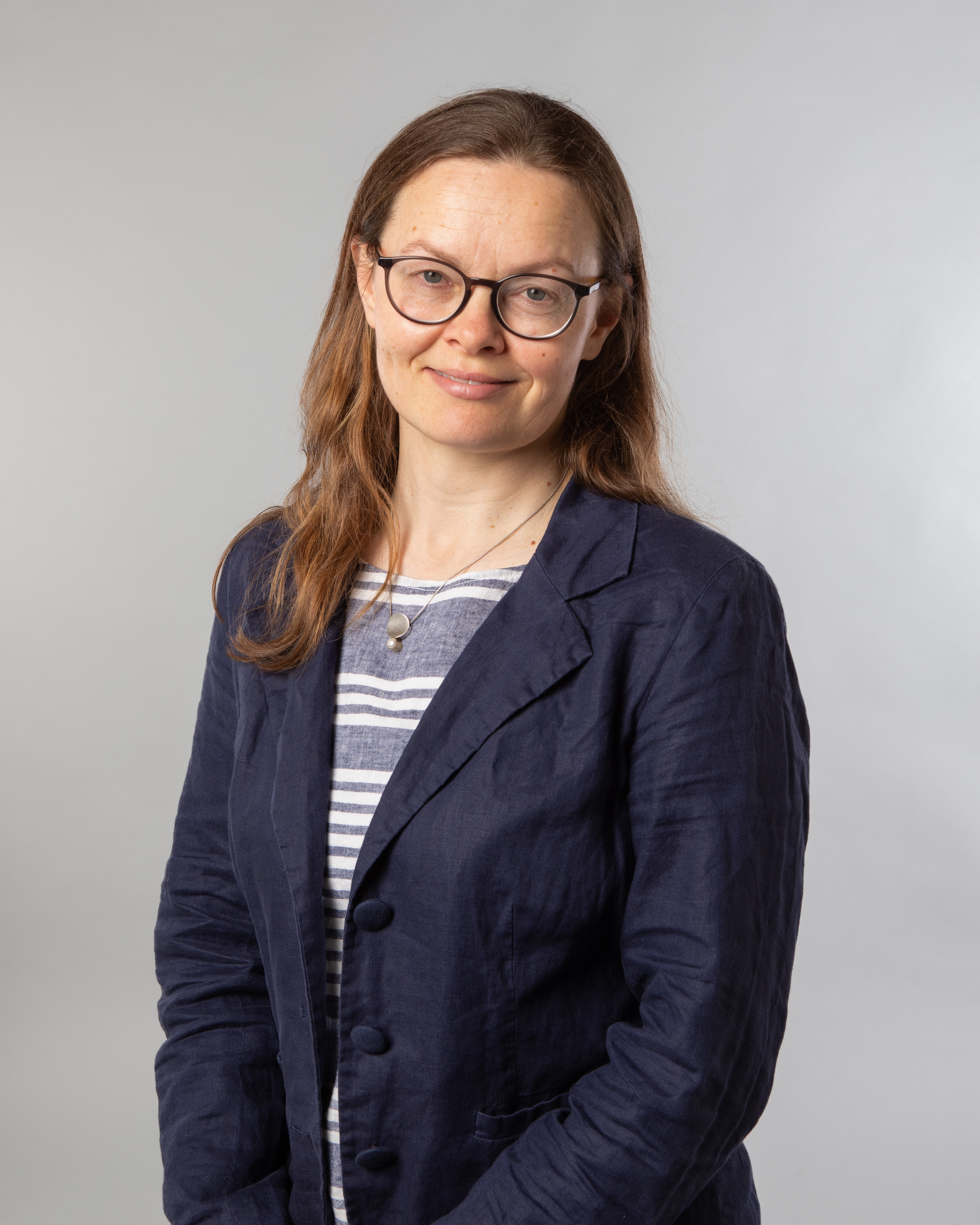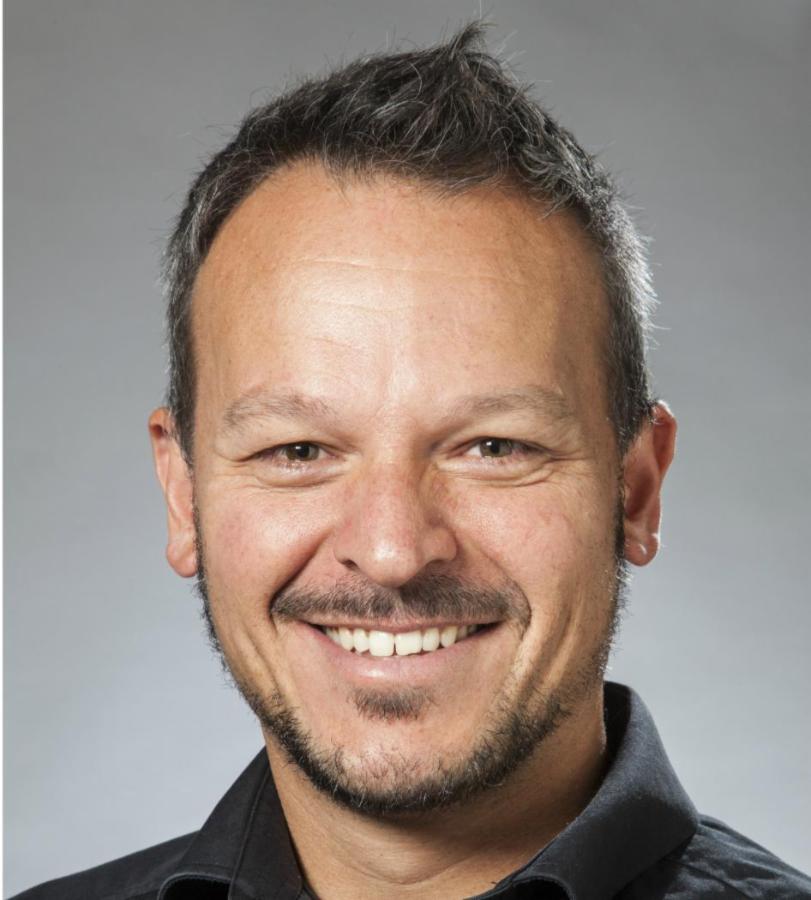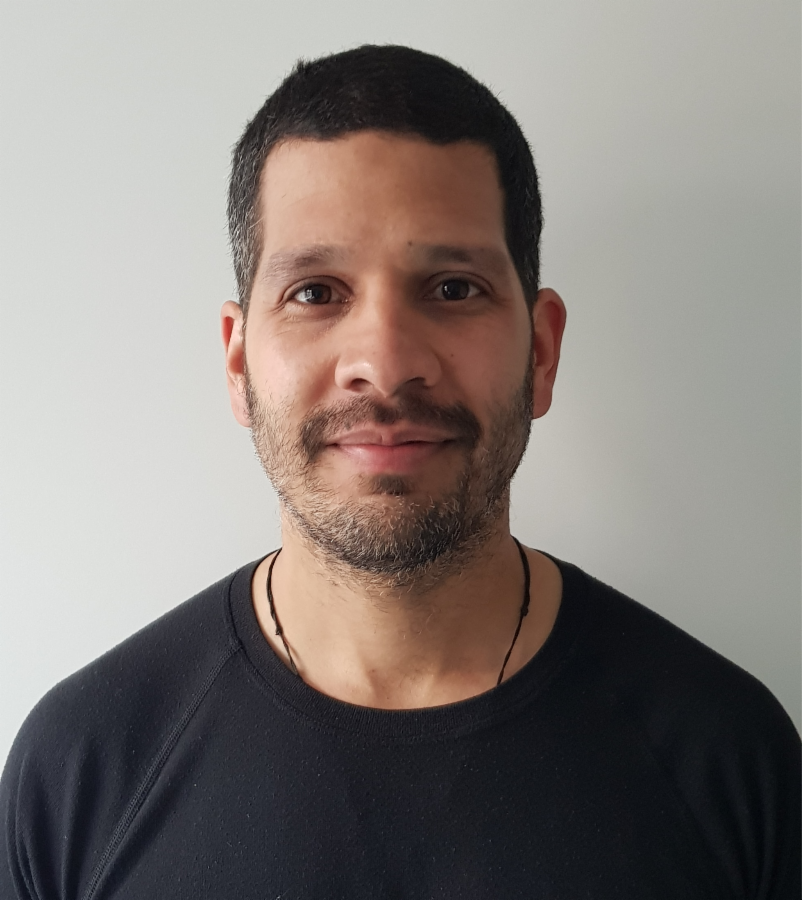Mechanical testing of polymeric and composite materials
Research Theme Members
Areas of Expertise
Materials thermodynamics, phase transformations, characterisation, structure-property relations and microstructural evolution in alloys and ceramics; theoretical and computational materials including variational approaches to materials modelling, phase-field/diffuse interface modelling, prediction and analysis of microstructural evolution and computational thermodynamics (CALPHAD) to develop understanding of metallic and ceramic materials
Research Interests
Interfaces in ferroelectric ceramics; molten oxide electrolysis for critical materials; structural alloy characterisation and performance
Current Postgraduate Opportunities
Project Title: Polar defects in ferroelectrics
Project summary: Mono- and di-vacancies in oxides create local dipoles in both non-polar and polar materials. These defects change the nature of the paraelectric or ferroelectric material and affect properties. In this project we aim to predict the influence of these defects on bulk and polycrystalline ceramic properties. The energetics and properties of vacancies will be predicted from first principals, and ceramic behaviour will be predicted using phase-field models.
Funding/stipend: Funding is being sought; Applicants encouraged to apply for a UC Doctoral Scholarship
Application deadline: Applications accepted at any time


Atomic force microscopy for characterisation of the nanostructure of fibrillar materials

Consulting and R&D on materials-related challenges
Areas of Expertise
Processing-structure-property relationships of engineering materials; light metal and steel metallurgy; polymeric and composite materials; materials degradation and corrosion; materials characterisation; thermomechanical analysis and testing; optical, electron and atomic force microscopy; failure analysis of materials
Research Interests
Magnesium-based biodegradable orthopaedic implant materials; development of bio-based materials including bioaerogels, biopolymers and biocomposites; novel encapsulant materials for nutraceuticals; polymer recycling

Cu-30Zn brass alloy being used as a model alloy for grain growth experiments (Klemms etch under polarised light)

Determination of matrix volume fraction in an all-cellulose composite via image analysis

Fibre welding in an all-cellulose composite via ionic liquid dissolution

SEM micrograph of the cross-section of man-made cellulose fibres

Fracture surface of an all-cellulose composite laminate exhibiting ductile behaviour

Fracture surface of an all-cellulose composite laminate showing failure within the matrix interphase

SEM micrograph of all-cellulose composite prepared by NaOH dissolution

Surface topography of all-cellulose composite via atomic force microscopy

Technical woven textile of man-made cellulose fibres for bio-based composites applications

Mechanical testing and analysis of soft and hard materials
Current Postgraduate Opportunities
Project Title: A new era for biocontrol: Creating an artificial insect egg
Project summary: In this project, we aim to develop the world’s first artificial insect egg based on that of the brown marmorated stink bug (BMSB, Halyomorpha halys), which is a highly polyphagous insect pest considered the most serious threat to Aotearoa-NZ’s horticulture. To create the artificial egg, we will take a multidisciplinary approach involving expertise in biological control, insect biology, chemical ecology, microscopy and bioengineering, and analytical biochemistry, nano-printing and biomaterial engineering approaches.
Funding/stipend: Applicants encouraged to apply for a UC Doctoral Scholarship
Application deadline: 31st January 2025
Project Title: Magnesium-based orthopaedic device design
Project summary: Craniofacial bone fracture fixation devices (e.g. mini/micro-plate/micro-screw systems) are typically manufactured using titanium (Ti) alloys due to the inertness of Ti in the body. The Ti fixation devices become integrated with the surrounding host bone unless removed with the additional cost of a second surgery. However, the mismatch in the mechanical stiffness between Ti (E=110 GPa) and bone (E=10-20 GPa) is known to cause stress shielding of the bone, reducing new bone formation, delaying fusion and increasing the risk of implant loosening. Thus, there is a strong interest from orthopaedic surgeons in having access to devices that are based on degradable biomaterials that are safely resorbed in vivo once physiological function is restored.
Mg-based alloy systems are creating a paradigm shift in bone fracture fixation as the devices completely biodegrade in the body, with a small number of orthopaedic devices now approved for use in humans. Mg alloys provide a unique combination of biocompatibility, bone-like stiffness (E=44 GPa), load-bearing (~150-200 MPa), and biodegradability – a combination that is not possible with conventional titanium devices. In this project we will explore innovative devices based on Mg alloys for the healing of craniofacial defects.
Funding/stipend: Funding is being sought; Applicants encouraged to apply for a UC Doctoral Scholarship
Application deadline: Apply any time
Project Title: Bio-based composites in biocontrol applications
Project summary: Grapevine trunk diseases are serious and widespread problems in vineyard that are caused by various groups of fungi that may operate collectively (aka esca) to destroy entire vineyards, and is a multi-million dollar problem worldwide. Trunk diseases of grapevine are caused by numerous pathogens, including Eutypa lata, Phaeomoniella chlamydospora, and species of Botryosphaeriaceae (incl. Botryosphaeria and aggregate genera), Phomopsis and Phaeoacremonium. Since infections occur mainly through pruning wounds, that have been shown by previous research to stay susceptible for up to 6 weeks after pruning, long-term pruning wound protection is required for prevention of infection. We intend to develop a multifunctional/smart materials approach to help protect grapevines against a variety of fungal diseases. The concept is to apply simple degradable biomaterials that act as a barrier to the infiltration of fungi into grapevines, with the aim of protecting pruning wounds (the recognized infection court for fungal infection) during the first 6 weeks of healing. Further work will explore the feasibility of impregnating these material with bioactive molecules.
Funding/stipend: Funding is being sought; Applicants encouraged to apply for a UC Doctoral Scholarship
Application deadline: Apply any time
Project Title: Next generation bioaerogels
Project summary: The primary goal of prebiotic and probiotic supplements is to selectively enhance and deliver beneficial bacteria to the gut microbiome in order to restore the microflora balance. However, current methods of encapsulation provide highly variable efficacies in terms of potency due to the processing conditions, product storage, and physiological conditions within the gastrointestinal tract. The colon harbors the majority of the gut microflora although the pathway for probiotics to reach the colon is challenged by low pH found within the gastrointestinal tract. For instance, the pH can reach as low as 1.0 in the stomach, rising to 6.6 in the proximal small intestine and 7.5 in the ileum before falling sharply to 6.4 in the cecum, which is inhibitory to most bacteria, including probiotics. The goals of the research are to investigate novel methods of probiotic encapsulation and delivery that enhance the potency, efficacy and release characteristics of probiotics as nutritional supplements. We will combine our own detailed knowledge of processing of novel proteins and polysaccharide materials with our leading edge knowledge in prebiotics and probiotics science to innovate the oral delivery of probiotic bacteria to the gut microbiome. The vision is to create synbiotics (prebiotics + probiotics) with new types of encapsulant materials.
Funding/stipend: Funding is being sought; Applicants encouraged to apply for a UC Doctoral Scholarship
Application deadline: Apply any time

Inhouse design and manufacture of biodegradable biomaterials for use in orthopaedic devices

Failure anlaysis of industrial components and products for industry and commercial partners

Detailed materials characterisation using electron microscopy to study microstructural evolution
Areas of expertise
Materials processing and heat treatment, mechanical testing and thermomechanical analysis
Research interests
Application of mechanical testing and thermomechanical analysis techniques; study of material properties and performance; processing-properties relationships of materials; computational modelling of materials

Non-contact optical extensometer used to measure tensile strains during mechanical testing

Scanning electron microscopy and texture analysis of metal alloys using EBSD

Tensile testing of metallic alloys




